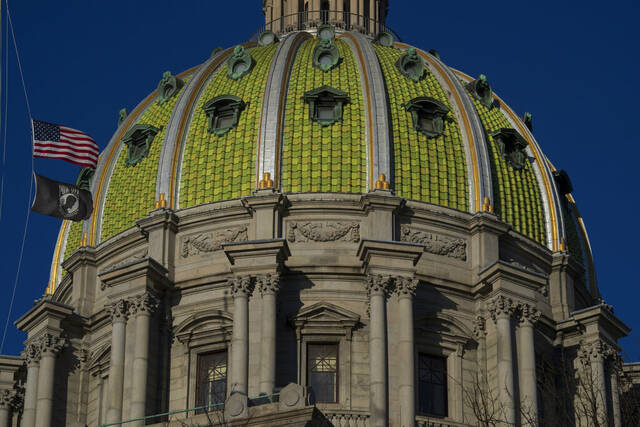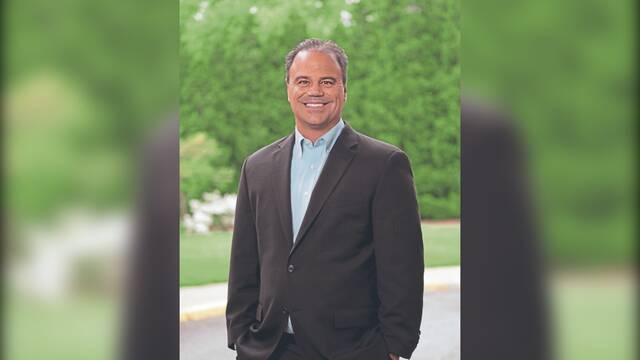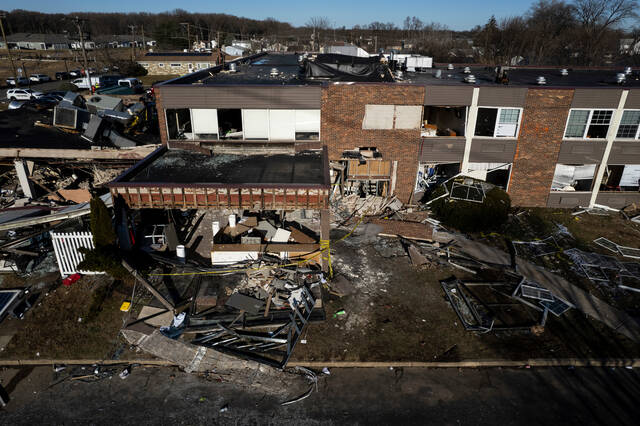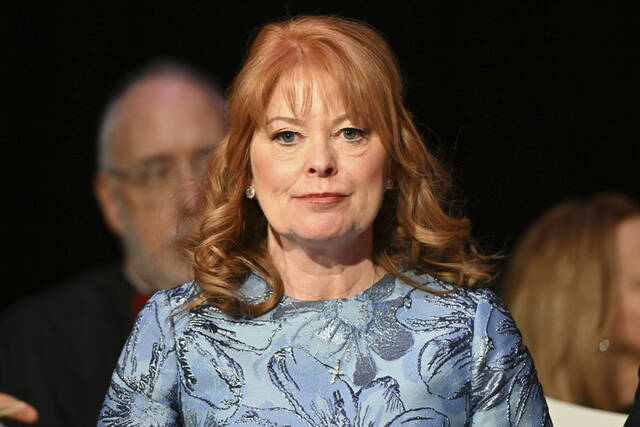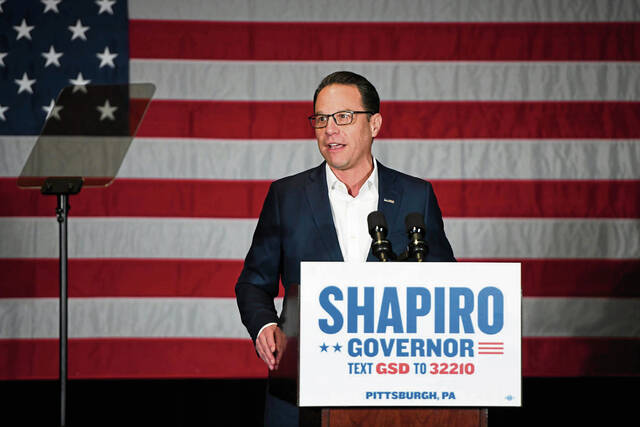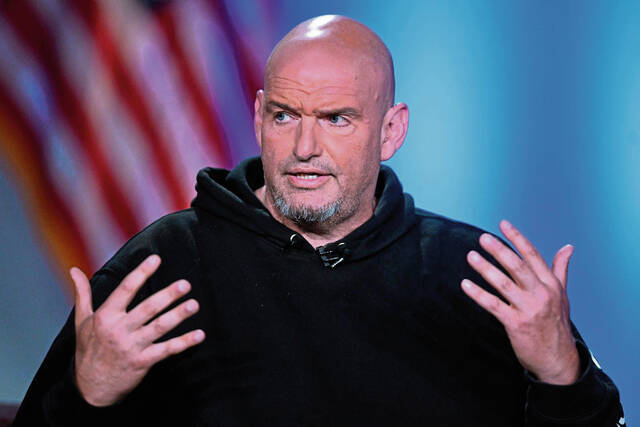A state Senate bill that would ban what are often called “supervised injection sites” has elicited a divide among Democratic lawmakers and potentially opened a new front in Republicans’ repeated efforts to circumvent the power of Philadelphia’s district attorney.
The Senate Judiciary Committee on Tuesday discussed and ultimately approved Senate Bill 165, which would prohibit statewide any establishment that “knowingly provides space” for a person to inject or “otherwise introduce into their body” a drug that violates the state’s controlled substance statutes.
The measure is aimed at what are most commonly called supervised injection sites, locations where those struggling with addiction can use drugs under the supervision of medical providers.
The sites do not provide drugs or administer them, although some may provide sterile needles and other hygiene items. Rather, the idea is to cut down on overdose deaths by having medical personnel on hand when a person is using illicit drugs.
While widespread in some countries, the idea remains largely conceptual in the United States. New York City opened two supervised injection sites, the first in the nation, in November 2021.
A nonprofit group by the name of Safehouse has proposed a supervised injection site in Philadelphia but was sued by the federal government in 2019 to stop the project. Safehouse is now in mediation with the federal justice department, leaving open the possibility that a supervised injection site would be allowed under some type of settlement, the Inquirer has reported.
The Safehouse proposal caused an outcry of concern in the Kensington district of Philadelphia, where the supervised injection site was to be located, according to Sen. Christine Tartaglione, D-Philadelphia, who represents the neighborhood.
Dozens of community groups have rallied against the proposal, voicing fears that the site would draw in large numbers of drug users and create a public safety hazard. Tartaglione — SB165′s author — further expressed concern that the injection site would simply perpetuate the cycle of addiction without addressing its root causes.
“I think the commonwealth should be in the business of getting people into treatment instead of allowing the addiction to continue,” Tartaglione said Tuesday, stressing the need to Pennsylvania to invest more in recovery services.
Not every Philadelphia lawmaker sees it this way.
The bill, in effect, “would criminalize the saving of lives by medical personnel,” Sen. Nikil Saval, D-Philadelphia, a vocal proponent of supervised injection sites, said during Tuesday’s committee meeting.
Saval pointed to data showing that supervised injection sites have been successful in preventing overdose deaths. Several studies out of Vancouver, Canada — where a supervised injection site first opened in 2003 — have shown a marked decrease in overdose deaths in the area served, relative to the rest of the city; similar results have been replicated in some parts of Europe.
Saval also argued that much of the issue is “based on false pretenses” that supervised injection sites would perpetuate the problem, despite research showing that staff at existing sites around the globe have been successful in increasing the rate of users entering treatment and rehabilitation programs.
Complicating this difference of opinion among Democrats is a Republican amendment to the bill that would give the Pennsylvania Attorney General direct jurisdiction to enforce the supervised injection site ban, which would normally fall under the purview of county-level district attorneys.
The amendment takes aim at Philadelphia DA Larry Krasner, a common foil of Republicans who have attempted to impeach him, thus far unsuccessfully. Krasner has voiced support for supervised injection sites and has said he would not prosecute anyone in connection with their use.
“The district attorney is not going to act, he’s made that abundantly clear, so we need to provide someone that’s willing to do the job,” Sen. Wayne Langerholc, R-Cambria, said Tuesday.
Asked during her confirmation hearing if she would use expanded jurisdiction, Attorney General Michelle Henry told Langerholc she would “use every tool in the tool belt.”
All of the committee’s five Democrats voted against the amendment, with all nine Republicans in favor. The bill itself still passed 11-to-3, with two Democrats voting for it.
“This seems to be part of a pattern of preempting local government from making decisions that are local decisions,” said Sen. Art Haywood, D-Philadelphia, pointing to Republican-led efforts to prevent cities from enacting their own gun laws or minimum wage rates.
Governor Josh Shapiro reiterated during a press event last week that he does not support supervised injection sites, saying that he is aware of the possibility of a settlement on the Safehouse proposal and that “we’ll be prepared to take action should that become a reality.”
The New York sites prevented 633 overdose deaths across more than 48,000 site visits in their first year, according to the city-backed nonprofit that runs them.
Pennsylvania is the ninth-highest of the 50 states in its overdose mortality rate, according to the CDC, with 5,449 deaths in 2021.


